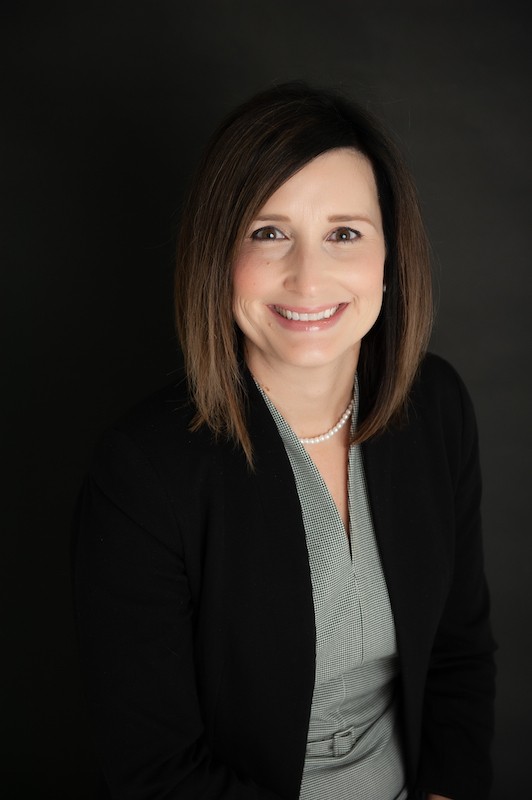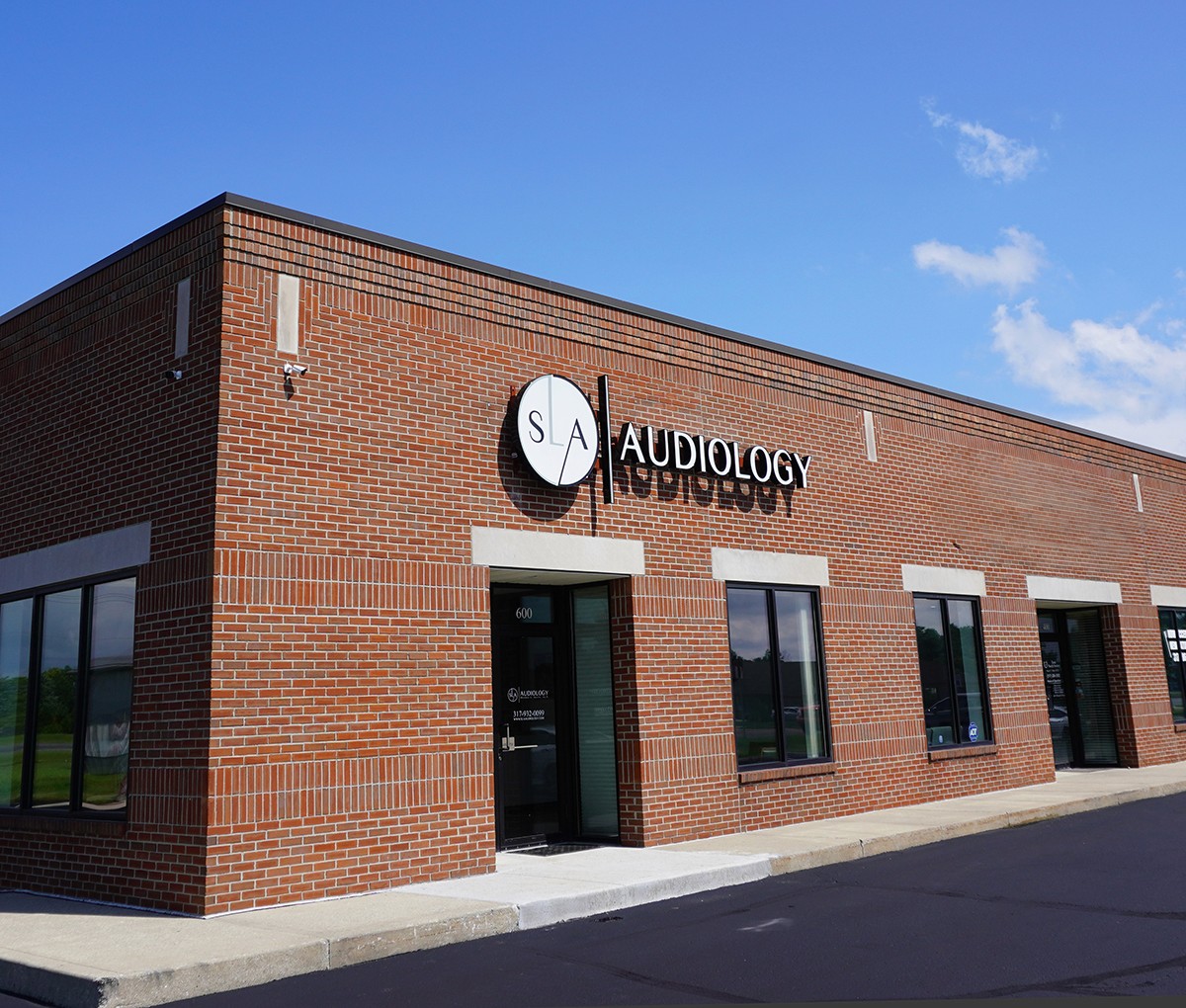Hearing Loss & Healthy Aging
Aug 6, 2022
Hearing loss is the third most common chronic physical condition in the United States. It is more prevalent than diabetes or cancer. Because hearing decline tends to be gradual, it can be more difficult to notice. With no outward symptoms, hearing loss has long been a “hidden” medical issue. As it progresses, patients note that speech becomes muffled and unclear. They listen to their TV or radio at a volume louder than others would prefer. They can feel left out of social situations they previously enjoyed due to the challenges of communicating with a hearing loss.
Your hearing health is very connected to your overall health. Studies show untreated hearing loss increases your risk of depression, falls, anxiety, social isolation, and dementia. Hearing loss plays a role in our ability to stay mentally sharp as we age. As hearing becomes more difficult, your brain must work hard to comprehend what you’re listening to. This steals cognitive energy that is needed for memory and thinking.
Seeking treatment early results in better outcomes. Some hearing losses require medical attention. Many hearing losses can be treated with hearing aids, assistive technologies, communication training or some combination of each. The most important thing you can do if you think you have a hearing problem is to seek professional advice from a Doctor of Audiology. Taking the time to fully evaluate your hearing and your communication needs is necessary to determine a treatment plan that works best for your individual needs. Hearing loss is treated on a prescriptive basis. There is no “one-size-fits-all”.
Better hearing improves communication in relationships. It restores your confidence and independence in social situations. It helps you remain engaged and active. It can reduce your risk of cognitive decline, loneliness, and falls. To hear better is to live better!

Shannon L. Austin, Au.D.





